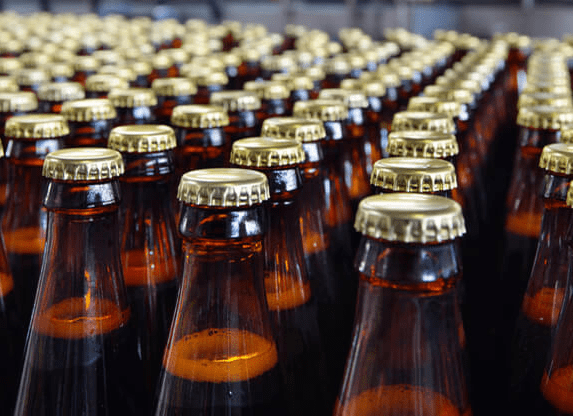Ambev, a subsidiary of Belgian multinational Anheuser-Busch InBev, buys corn syrup primarily from Ingredion and Cargill.
According to its own estimates, Ambev was the Brazilian market leader in 2020 in terms of beer sales volumes, especially through its three main brand families: Skol, Brahma and Antarctica.
However, Ambrev’s closest competitor in Brazil is Heineken, particularly after its acquisition in May 2017 of the Brasil Kirin and Cervejaria Petrópolis operations.
Ambev purchases the corn to produce corn grits internally at some plants and the corn grits and rice are purchased at other plants from local suppliers and are generally widely available.
The Covid-19 pandemic had significant changes in consumer behavior and channel dynamics, as governments imposed restrictions that varied in terms of scope and intensity in response to the spread of the virus.
As consumption occasions moved into homes and consumers sought convenience, the demand for one-way packaging, especially cans, increased significantly, putting pressure on the supply chain and generating one-off shortages of products.
Ambev
The main raw materials used by the company in the production of beer are malt, unmalted cereals, hops and water.
Barley and malt
Malt is widely available, and Ambev’s domestic and international suppliers meet the company’s requirements, as well as its six malting facilities.
In the case of Ambev’s beer operations in Brazil, approximately 80% of its malt needs are supplied by its own malting plants located in southern Brazil, Argentina and Uruguay.
For the rest of the company’s needs, its most important malt supplier is the Cooperativa Agroindustrial Agraria in Brazil.
In addition, the company purchases barley for its malting facilities directly from farmers in South America.
Hop
There are two types of hops that are used in Ambev’s beer production: the hops that are used to give the beer its distinctive bitter taste, which is generally imported from the United States, and the hops that are used to give the beer its distinctive aroma, which we usually import from Europe.
Hop supply is concentrated in a few international companies, namely the Barth-Haas Group, Hopsteiner, Kalsec and HVG.
![]()

